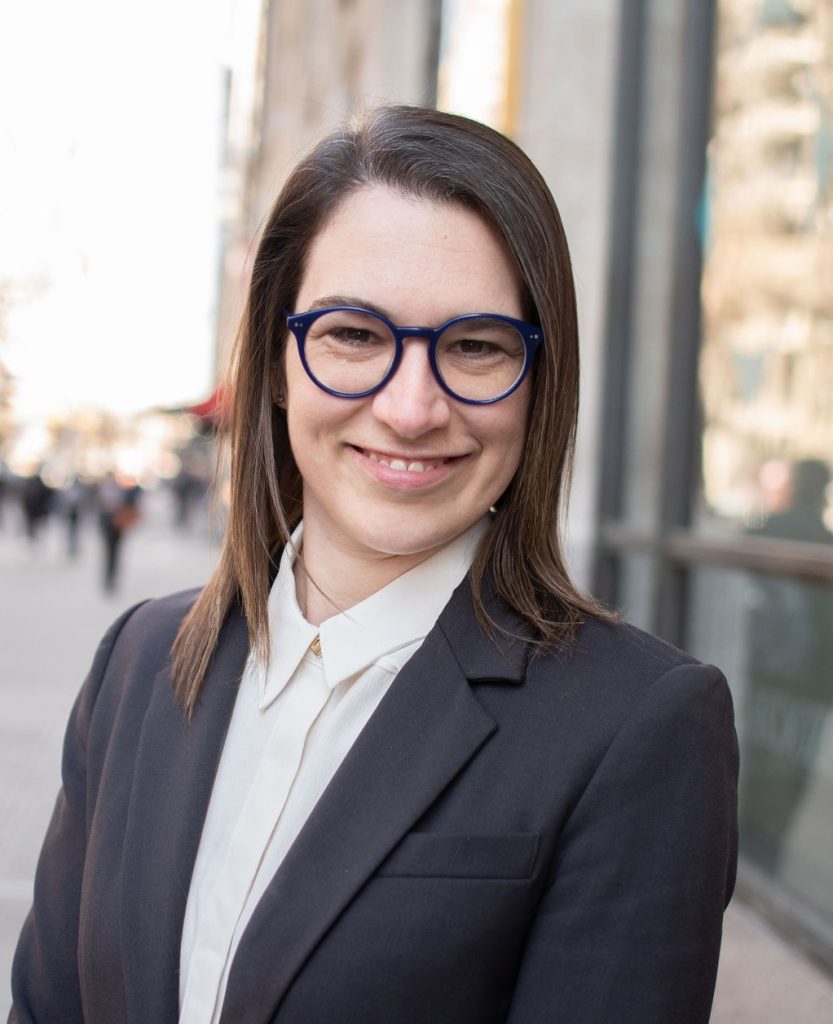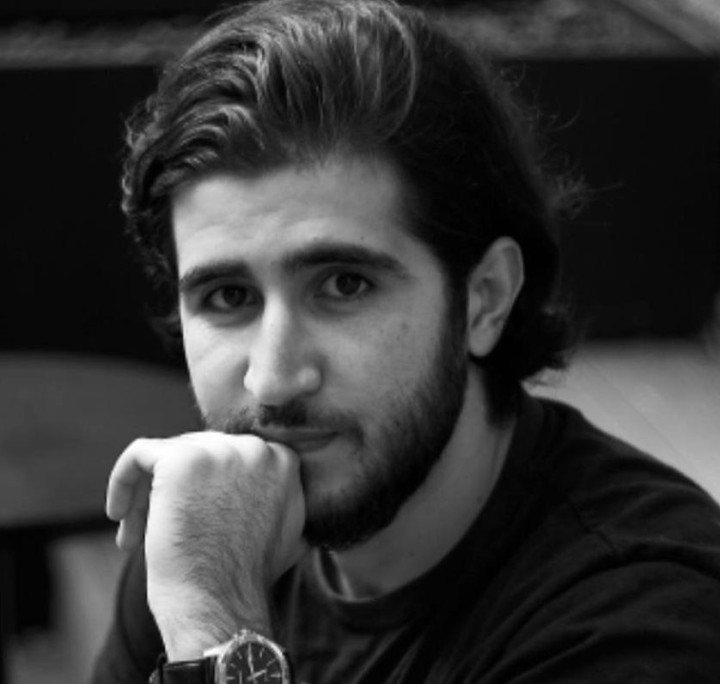Islamic Law in the United Kingdom

Brandon Reece Taylorian is an associate lecturer and researcher at the University of Lancashire (UK).
The post is a part of the Religious Law and Human Rights series.
Although the Church of England remains England’s established church and receives special privileges, such as being represented by 26 Lords Spiritual in the House of Lords, the United Kingdom (UK) as a whole is governed under secular laws.[1] While there is no clear separation of church and state enshrined in UK legislation, protections have been created for religious minorities who faced severe discrimination and persecution in previous centuries.[2] The first Muslim community to arrive on British shores comprised sailors recruited in India to work for the East India Company in the sixteenth century. Large-scale immigration of Muslims to Britain began in the post–World War II period, with Muslim migrants from former British colonies—predominantly Bangladesh, India, and Pakistan—recruited in large numbers to help rebuild the country.[3] While these Muslim communities, diverse in themselves, largely integrated with British culture, they naturally sought to maintain their cultural and religious identities. One way they have pursued this is by establishing Sharia councils.


